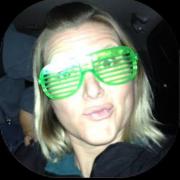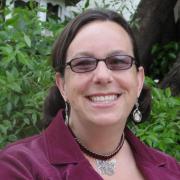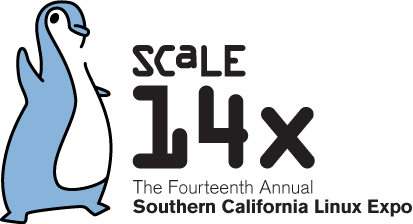Girl Scouts and Computer Science beginning in Middle School


In the Inland Empire the Girl Scouts of San Gorgonio (Girl Scouts) put together a collaborative to provide at risk middle school girls with a series of career aspiration building experiences. This includes a computer science (CS) experience at the local community college, San Bernardino Valley College (SBVC). With the cooperation of the Colton Joint Union School District, Redlands Unified School District, Yucaipa Unified School District and with financial support from the San Manual Band of Mission Indians, 300 middle school girls participate in a morning of computer science at SBVC. This includes three different aspects of CS specifically tailored to address issues that impede girls’ interest in computers. The girls are divided into three groups and each of the activities is repeated three times with a short passing period between activities. Every girl participates in all three activities as they move with their group between activities. The time allocated to each activity is 40 minutes.
Each of the three activities is grounded in research and requires active hands-on participation by the girls. The activities are, (1) a personality and CS career alignment exercise, (2) learning binary numbers based on an approach from the Creative Common BY-NC-SA licensed csunplugged.org, (3) a first coding experience using the Creative Commons material and open source project at code.org. A rationale for the activities along with a more detailed explanation of each follows.
Girls are discouraged from pursuing careers in CS because they have a limited or inaccurate understanding of the career opportunities in CS. The career exploration is design to broaden the girls’ awareness of CS careers. An SBVC science engineering and math (STEM) counselor facilitates this activity, which begins with the girls completing a brief self-assessment. This allows each girl to identify her basic personality type, which is represented by a color. The girls organize into small groups based on their personality type “color” and select a CS career from a list that is aligned with the personality color. They then prepare a large poster paper describing key aspects of the career and why it works with their personality color. The activity concludes with each personality color group sharing their results with the larger group.
A self-perception of puzzle and problem solving competence is an important factor that influences college women to major in CS.
The binary activity, inspired by csunplugged.org, is designed to help the girls recognize their puzzle and problem solving abilities. An SBVC faculty member facilitates this activity. It allows the girls to discover the relationship between binary and decimal numbering systems using cards similar to those used in the csunplugged.org activity. The girls convert between binary and decimal representation of values between 0 and 31 (5-bits). The girls are then challenged to come up with a way to represent letters A-Z using just the 5 cards. Mostly spontaneously and occasionally with a little prompting they settle on an approach where A is represented by 1, B by two, etc. The girls then convert sequences of 0’s and 1’s into letters to create words and words into sequences of 0’s and 1’s. The activity culminates with each girl writing her own name as a series of 5-bit binary numbers.
Academic exposure in Middle and High School encourages women to pursue computing careers. The final activity is designed to provide the girls with a glimpse into the world of coding. SBVC computer science and computer engineering (CSCE) student club members facilitate the final activity. In this activity the girls access the code.org website and complete one of the hour of code activities. As the girls work through the activity the CSCE students are there to help and advise. Even though it is an hour of code our experience is that almost all of the girls have little difficulty completing the exercise in 40 minutes.
This is the first round and has served 150-180 girls so far with another 100-120 scheduled to participate in February 2016. The CSCE student club has begin developing follow-on activities that will provide more hands-on computer hardware and software experiences using the Raspberry Pi and Raspien. These activities are being hosted on GitHub and use the Creative Commons license. Any software created will be open source.


